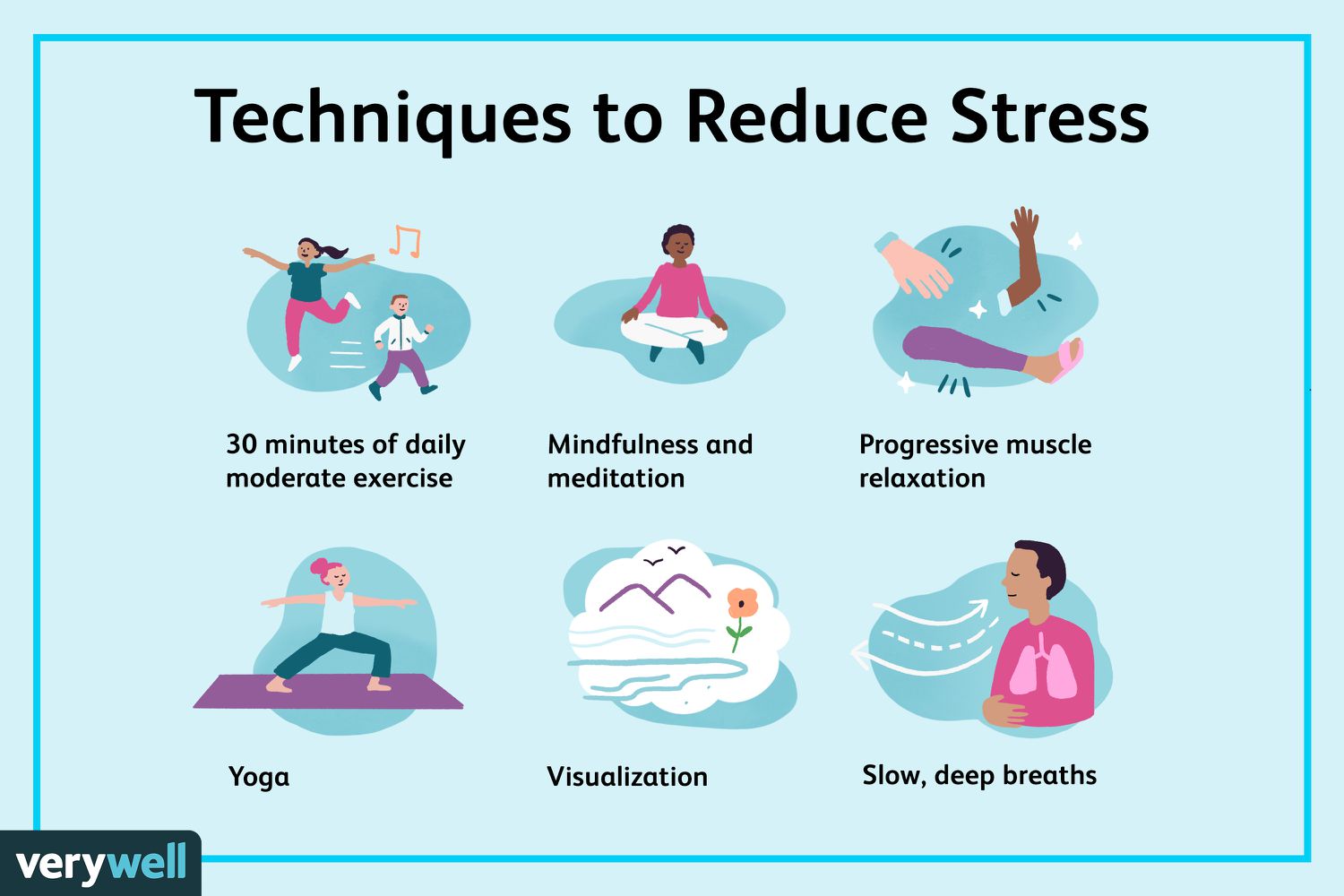The Role of Emotional Intelligence in Education and Student Success
In the realm of education, academic achievement has long been the primary focus of assessment and evaluation. However, there is a growing recognition that success in school and life goes beyond cognitive abilities and academic performance. Emotional intelligence (EI), often referred to as emotional quotient (EQ), plays a crucial role in shaping students’ academic achievement, social interactions, and overall well-being. In this article, we explore the significance of emotional intelligence in education and its impact on student success.
Understanding Emotional Intelligence
Emotional intelligence encompasses the ability to recognize, understand, and manage one’s own emotions, as well as the ability to recognize and empathize with the emotions of others. It involves skills such as self-awareness, self-regulation, social awareness, and relationship management. Individuals with high emotional intelligence are better equipped to navigate social situations, build positive relationships, and cope with stress and adversity effectively.
Emotional Intelligence in Education
In recent years, there has been a growing emphasis on promoting emotional intelligence in educational settings. Educators recognize that students’ emotional well-being significantly influences their academic performance, behavior, and overall success in school. Schools are implementing programs and initiatives aimed at developing students’ emotional intelligence skills alongside academic skills to better prepare them for the challenges they will face in life.
Enhancing Self-Awareness
One of the key components of emotional intelligence is self-awareness—the ability to recognize and understand one’s own emotions, strengths, weaknesses, and values. Students who are self-aware are better able to set realistic goals, make informed decisions, and take responsibility for their actions. Educators can promote self-awareness by providing opportunities for reflection, journaling, and self-assessment, as well as by encouraging open and honest communication about emotions and feelings.
Building Self-Regulation Skills
Self-regulation, or the ability to manage and control one’s emotions, impulses, and behavior, is another critical aspect of emotional intelligence. Students who possess strong self-regulation skills are better able to stay focused, manage stress, and exhibit self-discipline in their academic and personal lives. Educators can help students develop self-regulation skills by teaching stress management techniques, mindfulness practices, and strategies for coping with difficult emotions.
Fostering Social Awareness
Social awareness involves the ability to recognize and empathize with the emotions and perspectives of others. Students who are socially aware are more empathetic, understanding, and respectful in their interactions with peers and teachers. Educators can foster social awareness by promoting diversity, inclusion, and cultural competence in the classroom, encouraging perspective-taking and empathy-building activities, and providing opportunities for collaborative learning and teamwork.
Developing Relationship Management Skills
Relationship management refers to the ability to establish and maintain positive relationships with others, communicate effectively, resolve conflicts, and work collaboratively towards common goals. Students who excel in relationship management are better equipped to build strong interpersonal connections, navigate social dynamics, and resolve conflicts peacefully. Educators can support the development of relationship management skills by teaching communication and conflict resolution strategies, promoting teamwork and collaboration, and modeling positive relationship behaviors.
The Impact on Student Success
Emotional intelligence plays a significant role in shaping students’ academic achievement, social relationships, and overall well-being. Research has shown that students with higher levels of emotional intelligence tend to have better academic performance, higher levels of motivation and engagement, and stronger interpersonal skills. Moreover, students who are emotionally intelligent are better equipped to cope with stress, adapt to change, and persevere in the face of challenges, making them more resilient and better prepared for success in school and life.
Conclusion
In conclusion, emotional intelligence is a critical component of education that significantly influences student success and well-being. By promoting the development of emotional intelligence skills such as self-awareness, self-regulation, social awareness, and relationship management, educators can empower students to thrive academically, socially, and emotionally. As schools continue to prioritize the cultivation of emotional intelligence alongside academic achievement, we can create learning environments that nurture the whole child and prepare students for success in the 21st century.









